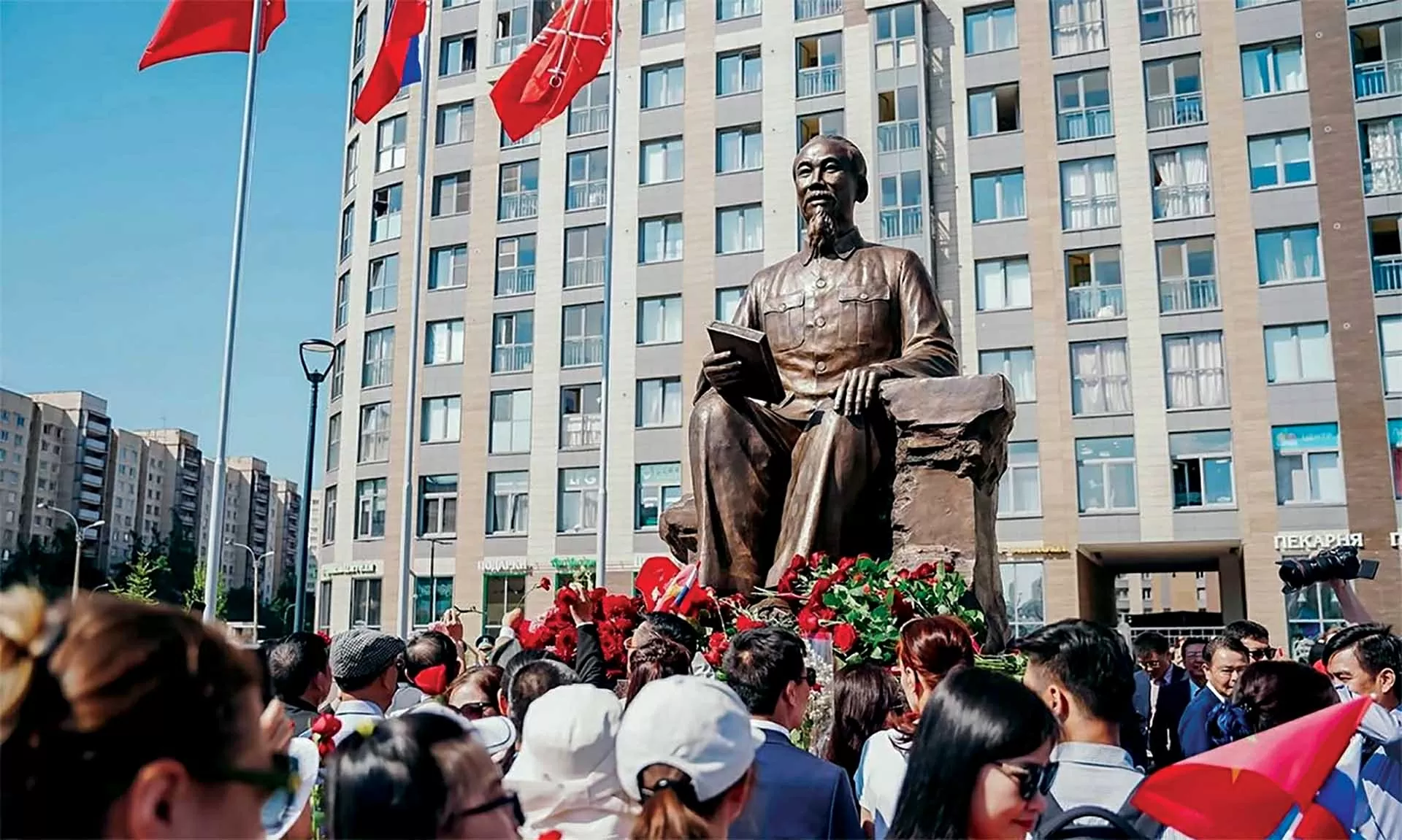 |
| The inauguration ceremony of the statue of President Ho Chi Minh coincides with the 100th anniversary of President Ho Chi Minh's first visit to Petrograd, now Saint Petersburg (June 30, 1923 - June 30, 2023). |
Speaking at the exhibition celebrating the 75th anniversary of the establishment of diplomatic relations between the two countries on February 11, 2025 at the Ministry of Foreign Affairs in Moscow, Russian Foreign Minister Sergey V. Lavrov emphasized: "On January 30, 1950, Soviet Foreign Minister AY Vyshinsky sent a note to his Vietnamese counterpart Hoang Minh Giam about the decision of the Soviet Government to establish diplomatic relations with the Democratic Republic of Vietnam."
President Ho's vision
In the history of the development of diplomatic relations between the two countries, there is an important content for the formation of successful relations, which is information and understanding of each other. I will focus on the fundamental, far-sighted decisions made at that time, when the Soviet-Vietnamese relations were just beginning, which contributed to supporting, supplementing and developing this relationship to this day.
In the early 1950s, our first ambassadors barely knew the local language. In order to expand relations and cooperation between the two countries, the Soviet Union gradually revived the field of Vietnamese studies, which originated with Professor Yu.K. Shchutsky (1897-1938), who specialized in studying the country and language of Vietnam in the 1930s in Leningrad. In Vietnam, only a few veteran revolutionary leaders who had studied in the Soviet Union, headed by Ho Chi Minh, knew Russian. The Vietnamese school of Russian studies only began to take shape after the liberation of Hanoi in 1954.
President Ho Chi Minh had a strategic vision when he focused on the need to send Soviet students to practice in Vietnam. This proposal was subtly put forward by the Vietnamese leader right from the second generation of Vietnamese ambassadors to the Soviet Union and the third generation of Soviet ambassadors to Vietnam. Those who were given the opportunity to practice languages thanks to President Ho Chi Minh's initiative later became leading experts on Vietnam in the Soviet Union and directly participated in work related to Vietnam.
It should be noted that from the very beginning there was a certain imbalance in scientific and educational cooperation between the two countries. In the memoirs of one of the leading experts on Vietnam, Professor EV Kobelev wrote: “In 1958, President Ho Chi Minh came to Moscow and, in a conversation with one of the Soviet leaders at that time, expressed that Vietnam had sent 3,000 students to study in the Soviet Union, while the Soviet side had not yet sent any students to Vietnam.”
Obviously, President Ho Chi Minh saw the problem, diplomatic relations and relations between countries want to be stable and successful, it is impossible without information and mutual understanding. And one of the most important aspects is to fully grasp the language and culture of the partner country.
President Ho Chi Minh understood very well the principle of “knowing yourself, knowing your enemy”. Only after this proposal was made did the process of sending the first Soviet students to Vietnam for language training begin.
Professor EV Kobelev recalled: “In September 1958, three Soviet students, including two from the Faculty of Oriental Studies of Leningrad University, V. Panfilova, V. Dvornikov and EV Kobelev from the Institute of Oriental Languages at Moscow State University, came to Vietnam on the Moscow - Beijing - Hanoi train”. Professor VS Panfilova was also my teacher later.
Learning Vietnamese in Soviet universities at that time was very difficult because there were no dictionaries or textbooks. Students had to learn Vietnamese through Vietnamese-French/French-Vietnamese and Russian-French/French-Russian dictionaries. The situation was similar in the Democratic Republic of Vietnam. Finding a qualified teacher was extremely difficult. It was also President Ho Chi Minh who solved this problem by sending Nguyen Tai Can, who later became a famous linguist and professor, to Leningrad State University, where he laid the foundations for teaching Vietnamese and developed methods that are still used today.
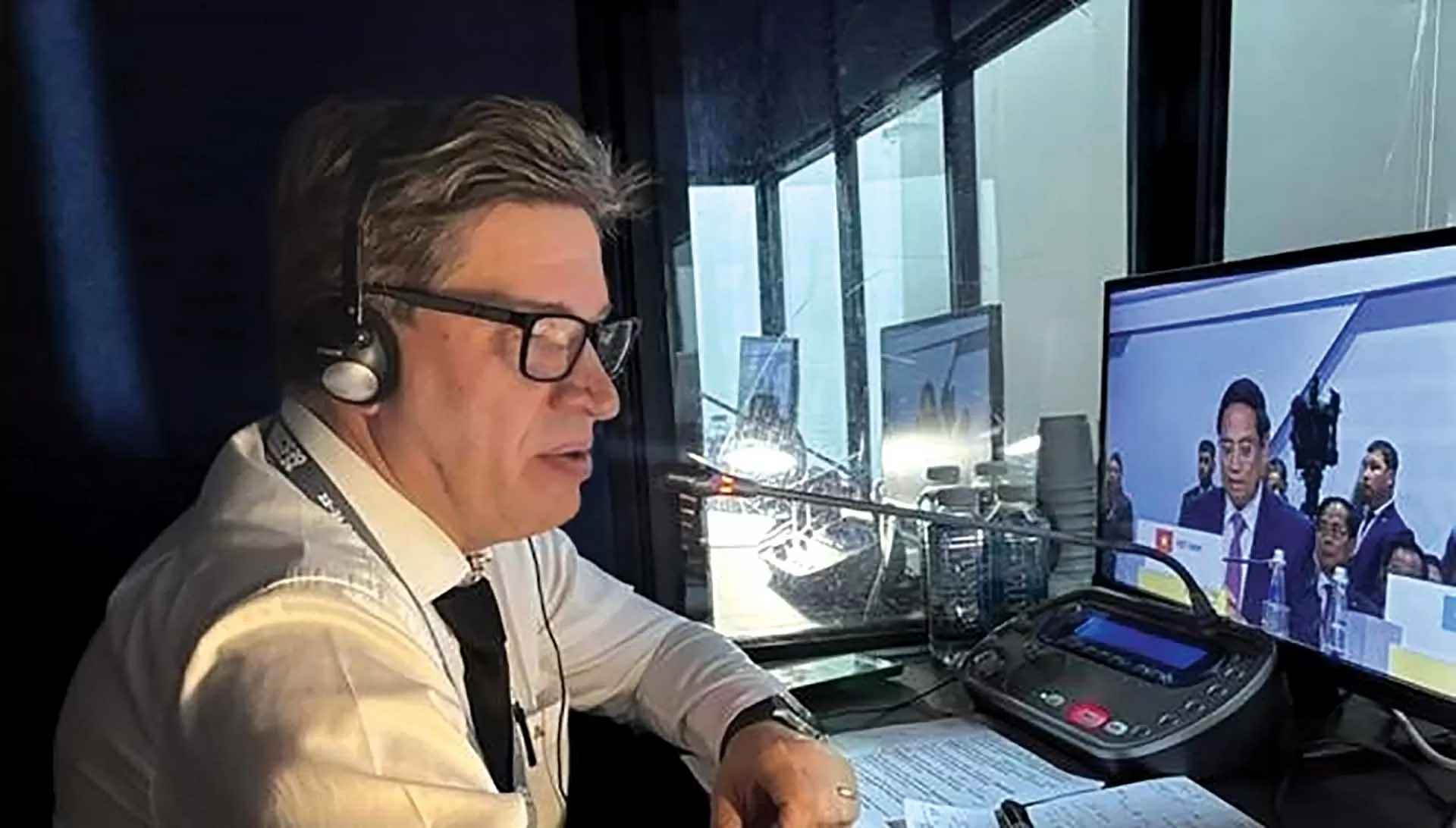 |
| The author translated into Russian the speech of Prime Minister Pham Minh Chinh at the expanded BRICS Summit in Kazan, Russian Federation on October 24, 2024. |
Bridge of success
Vietnam’s victory in the resistance war has created conditions for the development of many diverse relations between the two countries. However, properly supporting the relationship in many areas, from diplomatic and military-technical cooperation to energy, humanitarian and natural sciences, culture and arts, requires people with a good understanding of the language and culture of the partner country.
The creative works and efforts of many generations of Vietnamese and Soviet/Russian scholars have contributed to supplementing the content of the relations, significantly enhancing the exchange, thereby promoting mutual understanding and respect between the people of the two countries.
Today, ambassadors and many diplomats working in our two countries have a good understanding of the languages and cultural characteristics of the host countries, creating significant favorable conditions for contacts and increasing the effectiveness of relations. This is a great progress but is rarely mentioned in official speeches.
At major international events, when our two countries’ leaders speak, accurate and precise translation is a very important part of diplomacy. Without high-quality translation, President Ho Chi Minh’s motto of “knowing yourself, knowing your enemy” will not be effective. It is worth noting that some translators were trained by the very students who participated in the first language internship in our country’s history in Vietnam, initiated by President Ho Chi Minh in 1958.
The study of Vietnam in Russia, as well as the languages, history and culture of the two countries, is developing largely thanks to the initiative of President Ho Chi Minh himself. The first and only Ho Chi Minh Institute in the world at St. Petersburg State University was inaugurated in 2010. The first monument to President Ho Chi Minh in St. Petersburg was also placed on the campus of the university. Here, the first complete translation of “The Art of War” by President Ho Chi Minh into Russian was recently published by the St. Petersburg State University Publishing House.
Seventy-five years is a long time. The names of both countries have changed. Generations of leaders and diplomats have followed one another, and both countries' domestic and foreign policies have undergone many changes.
Despite this, our two countries have maintained friendly and cooperative relations. As Foreign Minister Sergey V. Lavrov said at the opening ceremony of the exhibition celebrating the 75th anniversary of the establishment of diplomatic relations between the two countries: In the current period, the Russia-Vietnam Comprehensive Strategic Partnership is based on trustworthy political dialogues, first of all at the highest level. Mr. Sergey V. Lavrov believes that both sides can look to the future with pride and optimism, continuing to nurture the relationship for the benefit of the people of the two countries, as President Ho Chi Minh laid a solid foundation for this good friendly and cooperative relationship.
-------------
(*) Professor, Doctor of History, Director of Ho Chi Minh Institute, St. Petersburg State University
Source: https://baoquocte.vn/chuyen-ngon-ngu-trong-phat-trien-quan-he-nga-viet-312331.html


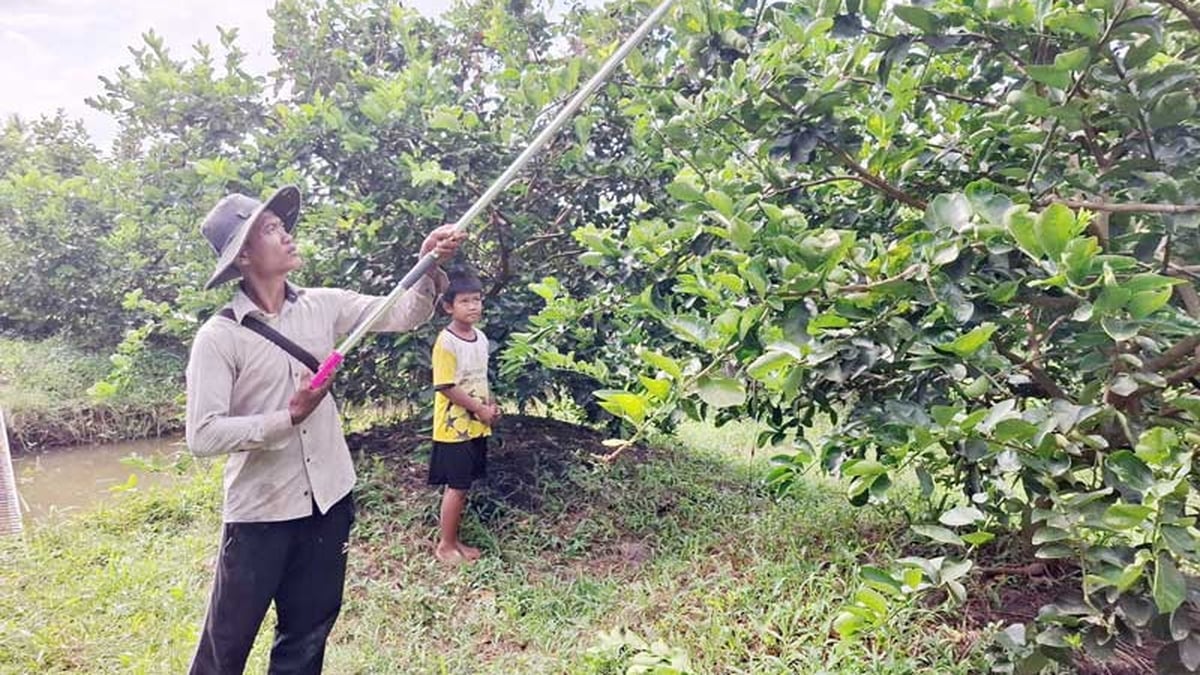
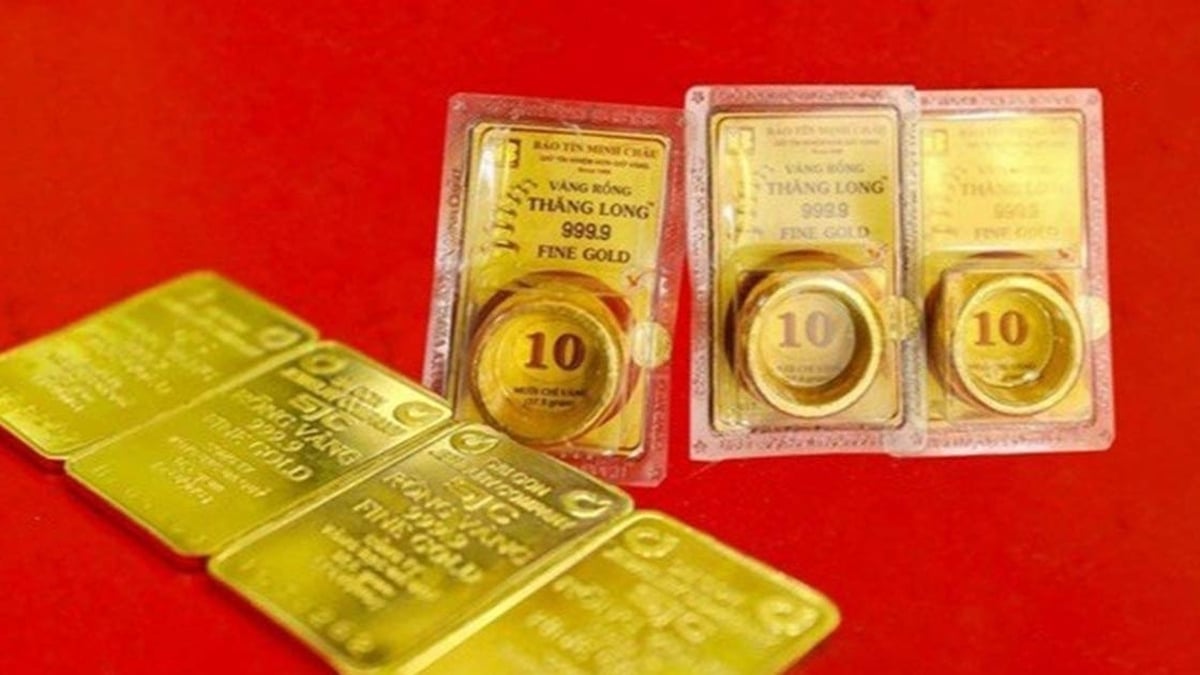


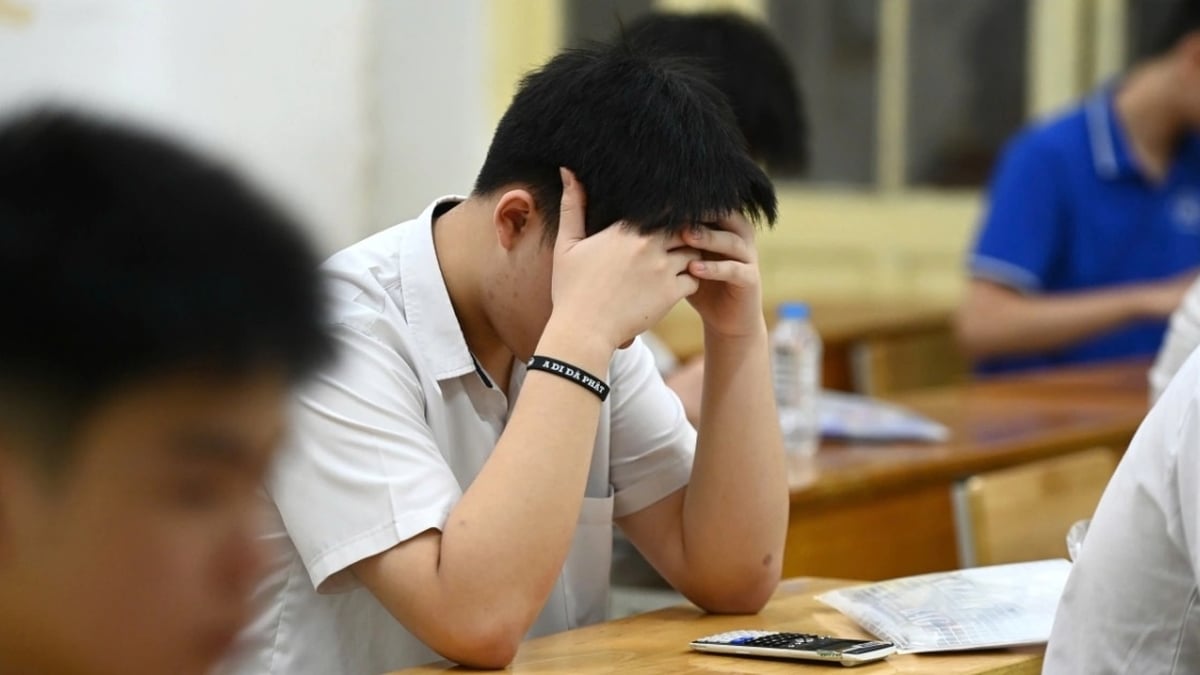
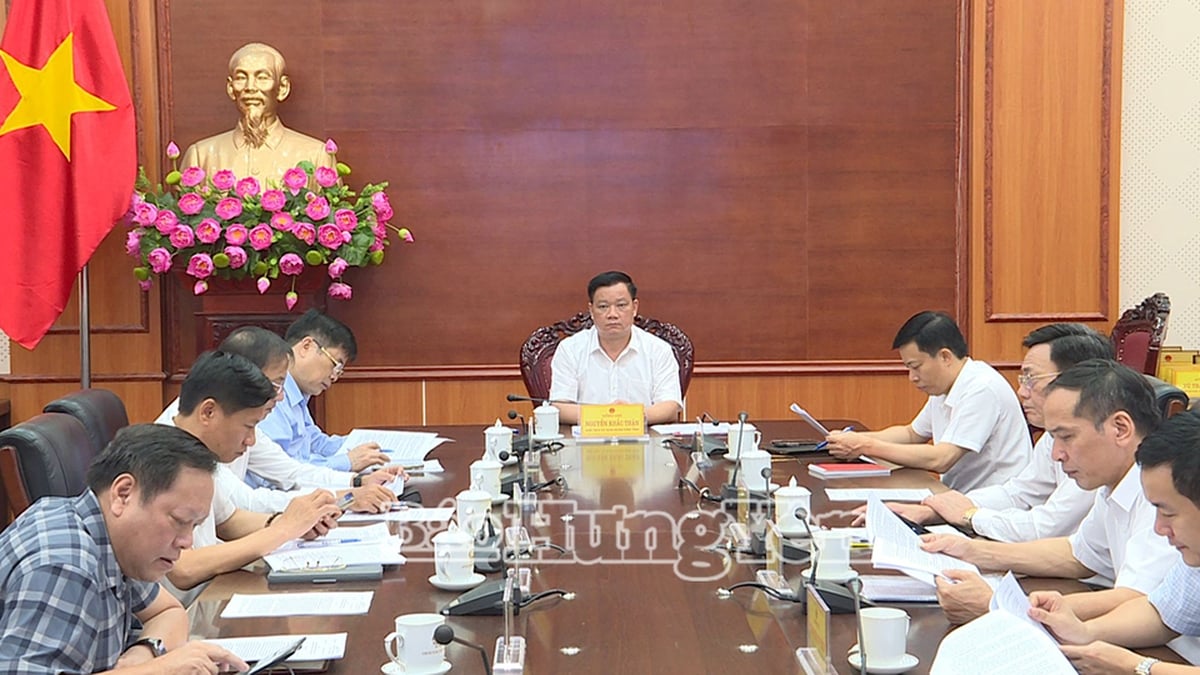
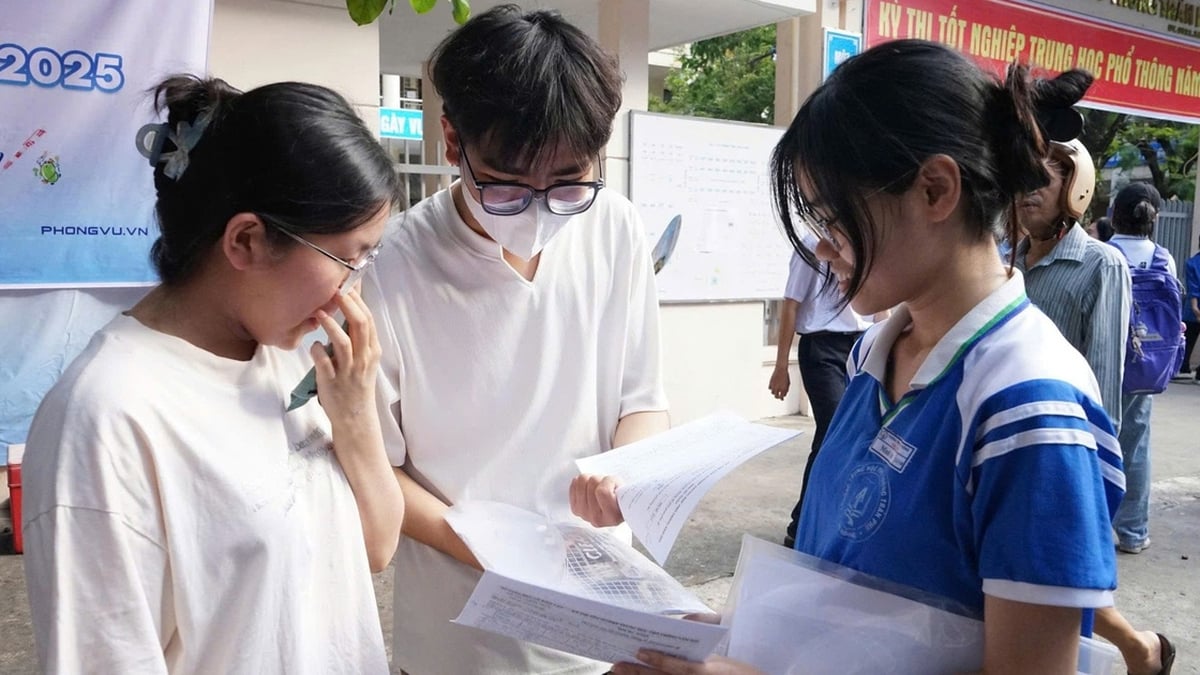
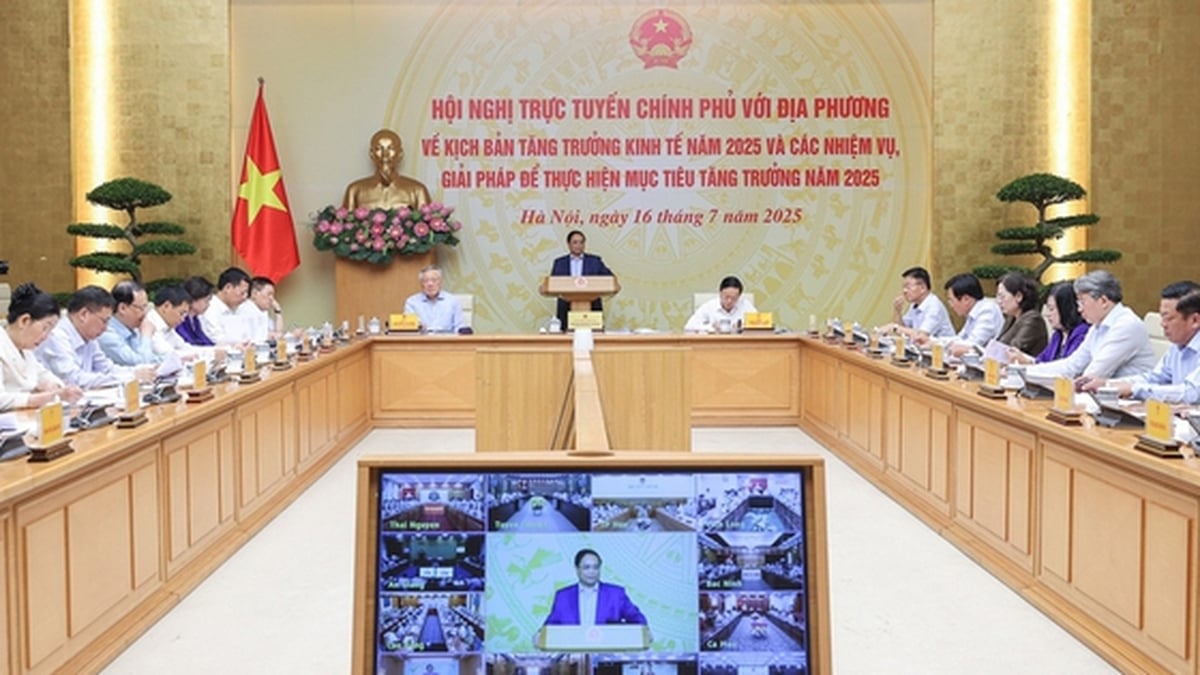








































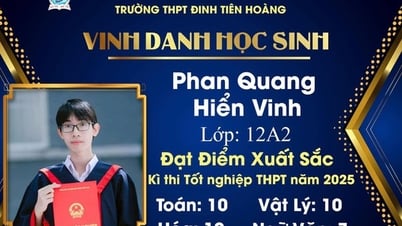








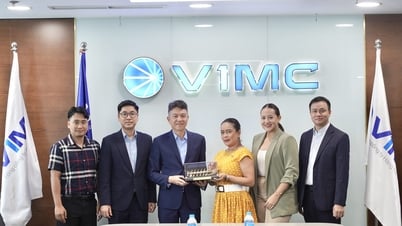


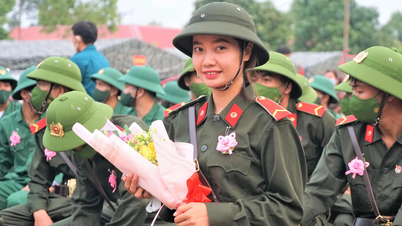
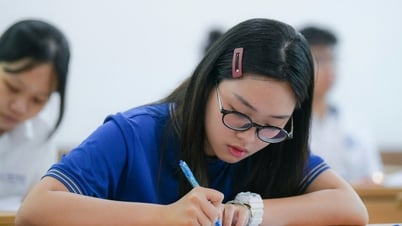





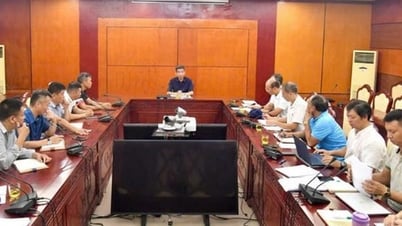
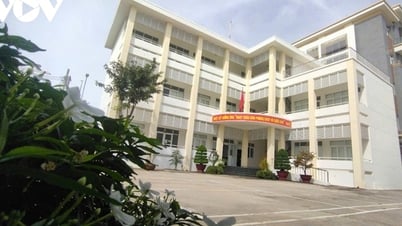
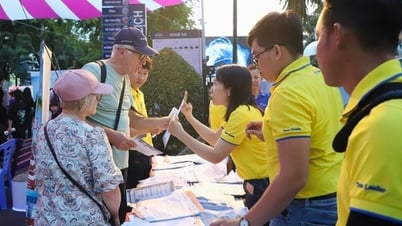
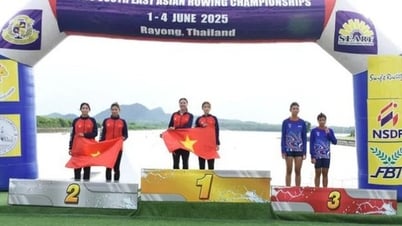
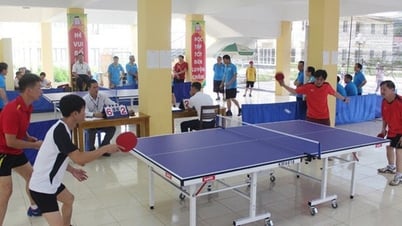






















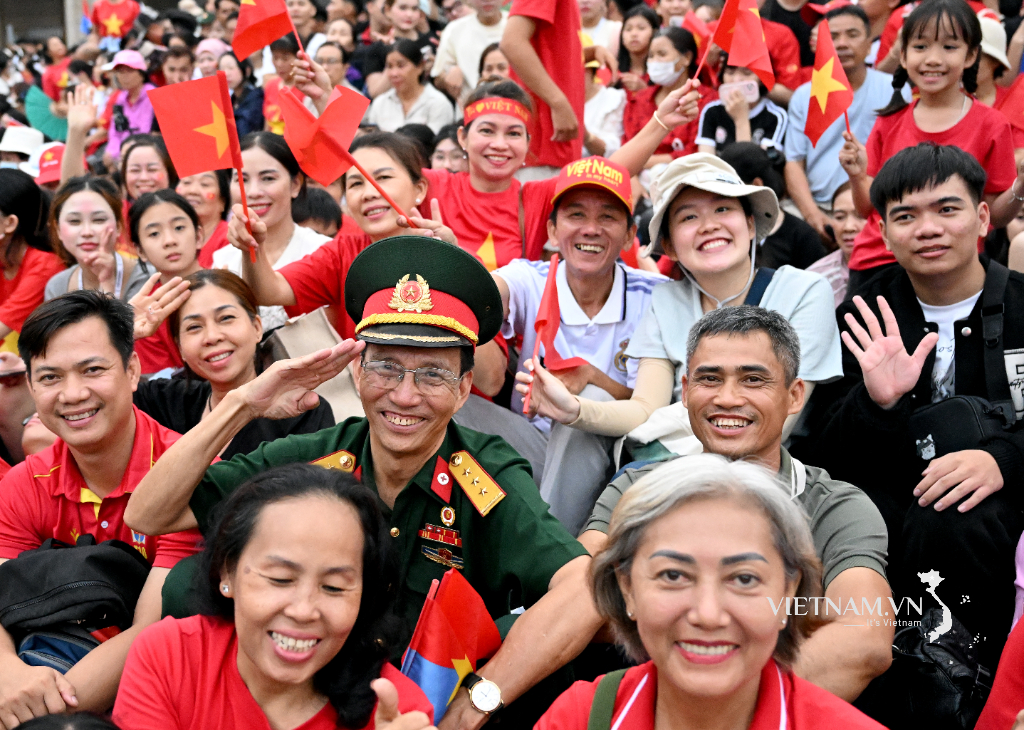
Comment (0)